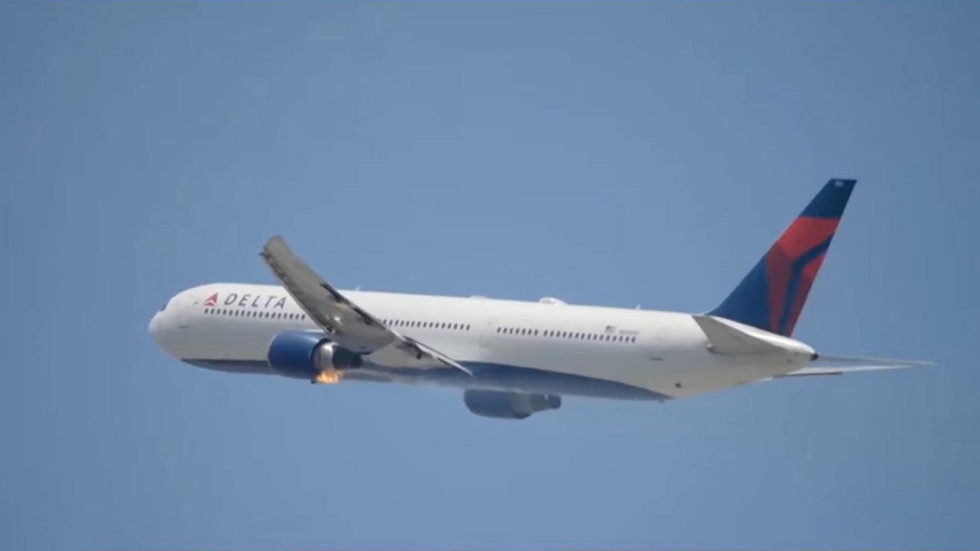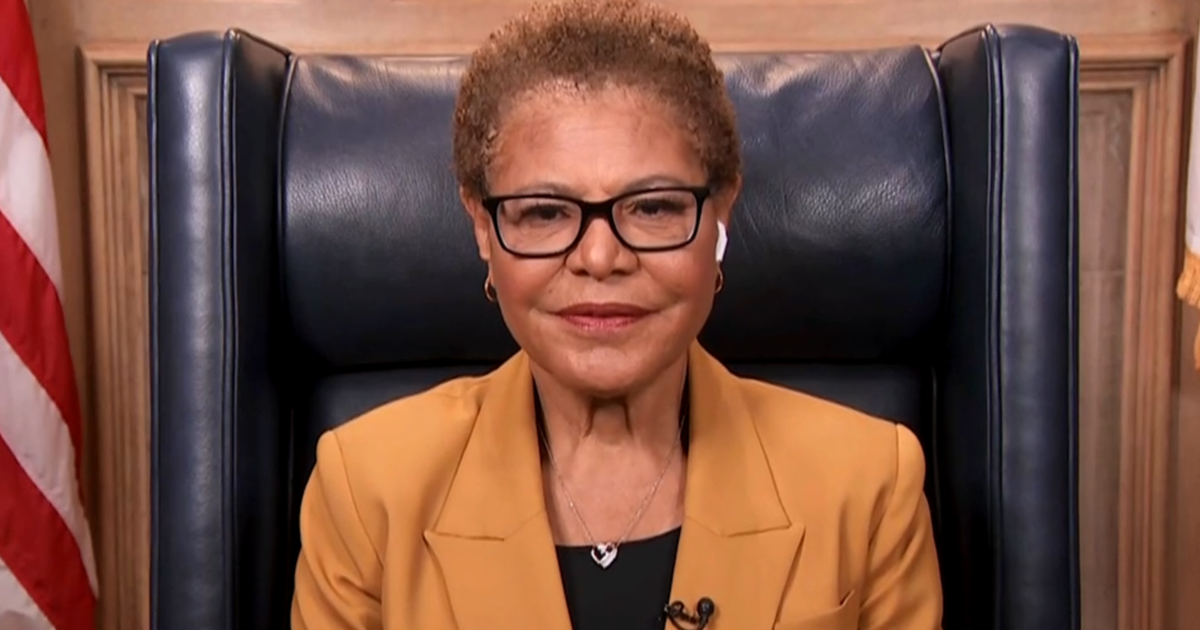The White House has revived one of President Donald Trump’s self-coined insults, something that has become widely used by the MAGA base.
In a post shared across its official social media accounts on Truth Social, X, Instagram, and Facebook, the White House uploaded a picture of Trump strolling outside of the presidential home. The picture was captioned: “Walking into the weekend knowing you were never a panican.”
The term “panican” is now often used by those within the MAGA base, since Trump publicly coined the turn of phrase in April, in the direct aftermath of his "reciprocal" tariffs being announced on his so-called “Liberation Day.” The sweeping global tariffs (most of which, for the majority of countries, were then paused for 90 days, sans for the baseline 10% levies) caused mass panic and recession fears. But Trump, as he has done many times since, pushed back against the criticism, urging Americans to not be a “panican.”
“The United States has a chance to do something that should have been done decades ago,” Trump said on April 7. “Don’t be weak! Don’t be stupid! Don’t be a PANICAN. (A new party based on weak and stupid people). Be strong, courageous, and patient, and greatness will be the result!”
This isn’t the first time Trump has made up a word and used it on the global stage. In 2017, he caused amusement and confusion when he used the word “covfefe” on social media.
But his coining of “panican” has taken on a life of its own within the MAGA base, and Trump’s inner circle has been using the term to abandon.
An article posted to the official White House website on July 15 featured a quote by press secretary Karoline Leavitt, whereby she claimed: “Every month since President Trump took office, core inflation—the best measure of inflation—has beat or matched expectations. The data proves that President Trump is stabilizing inflation and the ‘panicans’ continue to be wrong about tariffs raising prices.”
In response to the article, White House deputy press secretary Anna Kelly used the turn of phrase, querying via X: “Are the PANICANS tired of losing yet?”
The White House had also earlier used the term in a July 9 article titled “Trust in Trump.”
And other U.S. government departments have been freely using the word, too.
In June, in response to an article that reported the U.S. economy had added more jobs in May than expected, the official X account of the U.S. Department of Labor said: “Bad day to be a panican.”
But the colloquial use of the term has prompted criticism from some.
Andrew Bates, who served as the White House’s senior deputy press secretary under the Biden Administration, said on July 15: “Never seen a White House show this much disrespect for their base. Right when we learn Trump's tariffs are worsening inflation—breaking his #1 campaign promise, they attack Americans' concerned about costs as ‘panicans.’”
The term “panican” is largely emblematic of Trump’s attitude throughout his tariff negotiations. In February, when floating the idea of his tariffs, Trump told Americans that though there may be “a little pain” in the interim, in the end, his strategy would be beneficial to the American economy.
Many economists have worried that Trump’s tariffs will cause inflation and hurt growth by hiking up gas and grocery prices. But the Trump Administration has argued that inflation is “right on target” under Trump and that “panicans” are wrong for worrying.
Trump originally announced his “reciprocal" tariffs in early April, and offered a 90-day reprieve for most countries to allow for negotiations. That deadline expired on July 9. However, just two days before the time was up, Trump Administration officials announced a new deadline of Aug. 1, stating that the higher tariffs would come into effect on that day. Since that announcement, Trump has been sending letters regarding trade deals to countries across the globe, and has taken to sharing those letters on his Truth Social account. Some negotiations have fared better than others. While Trump recently secured an agreement with Indonesia, he’s in tough negotiations with the E.U., who have expressed their discontent over receiving a letter from Trump announcing a planned 30% tariff.
Trump’s frequent changing of his policies and deadlines has led to his propensity for nicknames to be turned right back on him. Financial Times columnist Robert Armstrong coined the acronym “Trump Always Chickening Out,” shortened as “TACO,” in May to describe Trump’s pattern of causing mass panic around major international policy decisions, before walking them back or delaying them.
When asked about the term by a reporter in the Oval Office, Trump had a strong reaction, accusing the reporter of asking a “nasty question” and warned “don’t ever say what you said.”
Meanwhile, on Sunday, Trump celebrated his first six months in office. “Today is [the] sixth month anniversary of my second term. Importantly, it’s being hailed as one of the most consequential periods of any President,” Trump claimed. “In other words, we got a lot of good and great things done, including ending numerous wars of countries not related to us other than through trade and/or, in certain cases, friendship. Six months is not a long time to have totally revived a major country.”
Trump’s actions regarding tariffs has undoubtedly been a defining factor of the first six months of his second term as President. Also making an impact has been the Trump Administration’s social media approach.
The White House social media accounts and Trump’s own POTUS platforms have consistently used memes to depict Trump as anything from the classic superhero Superman to the Pope. The White House has also shared posts deemed “offensive and divisive” about immigrant communities and has even posted an AI-generated image of a political opponent crying.
Amid concerns over its social media content, on July 12, the White House argued: “Nowhere in the Constitution does it say we can’t post banger memes.”











 English (US) ·
English (US) ·